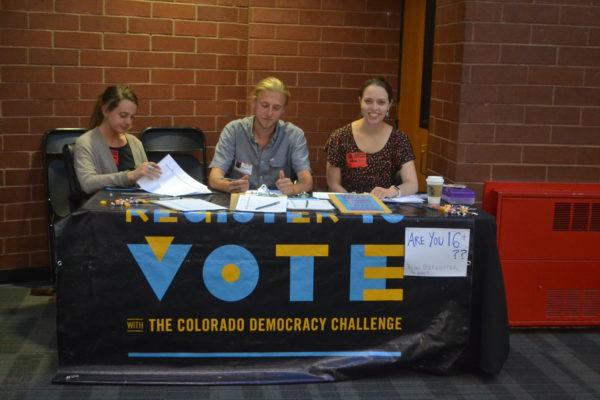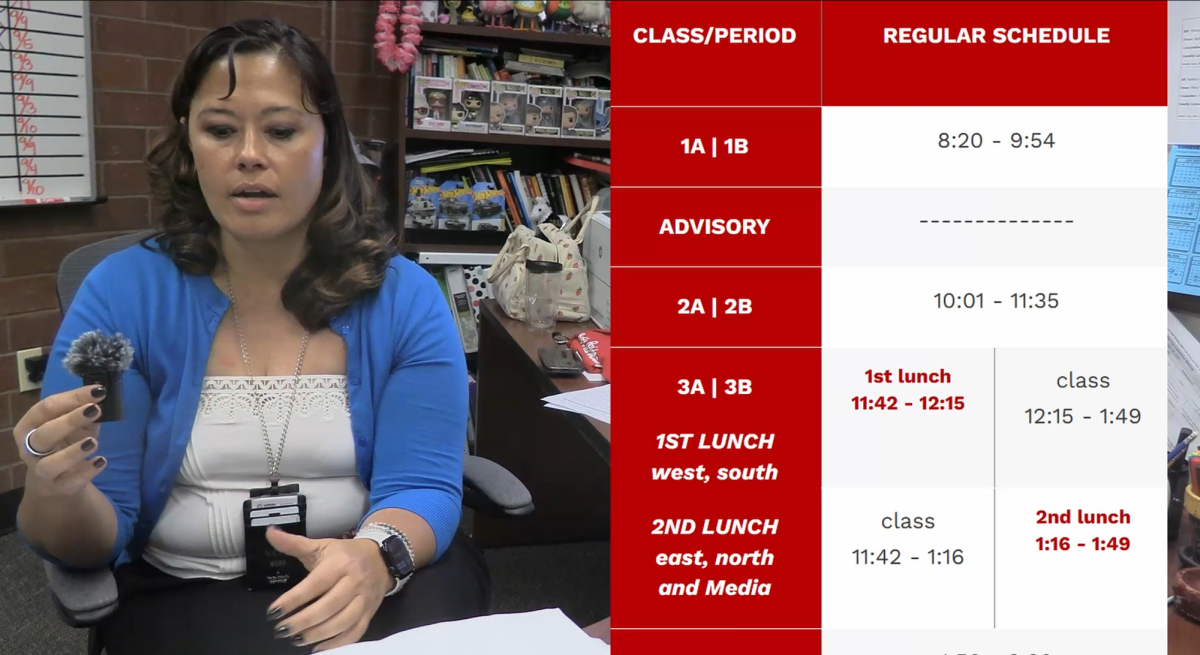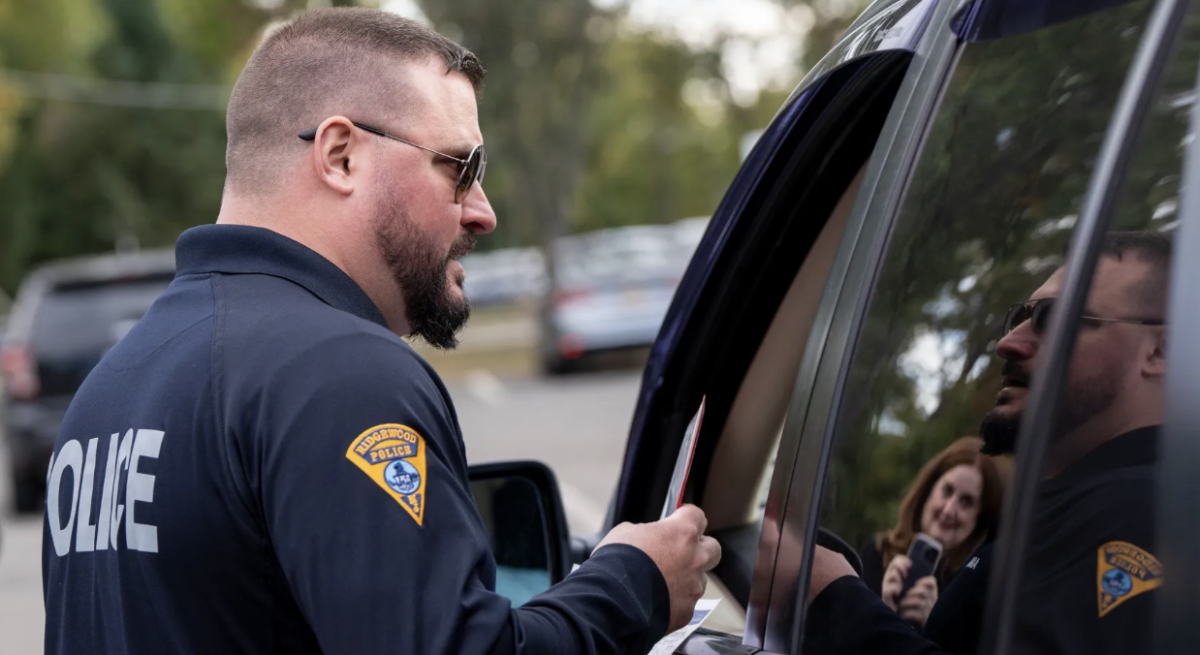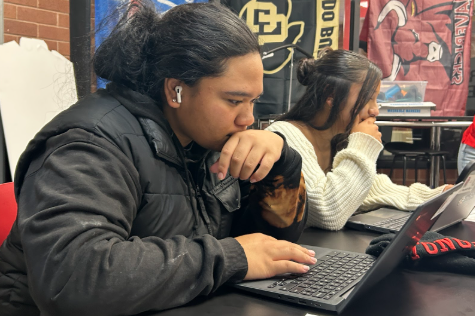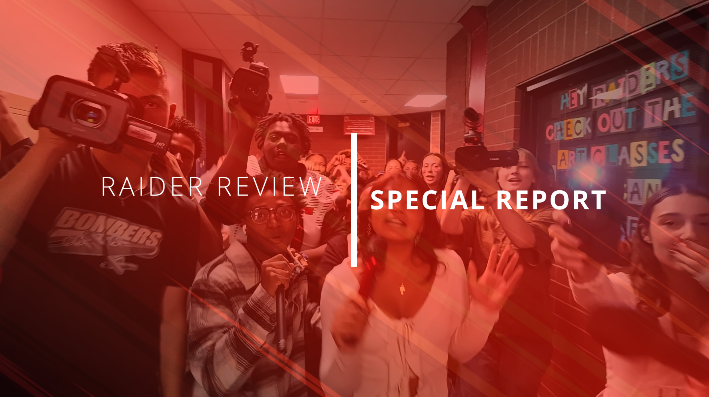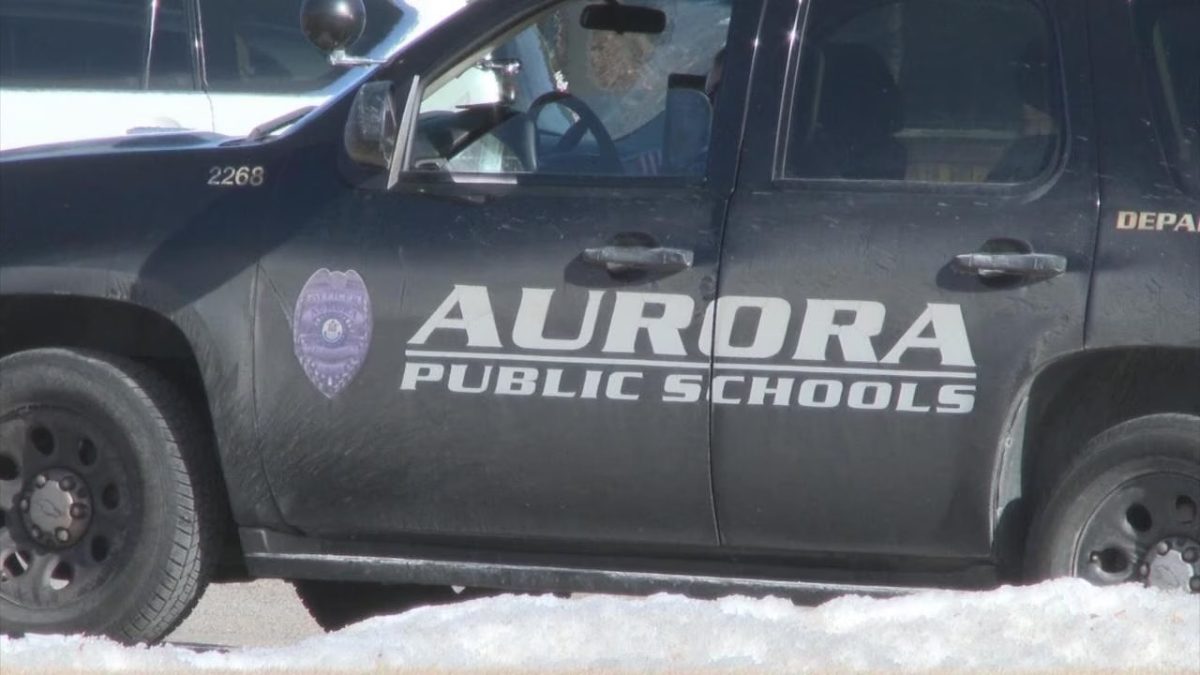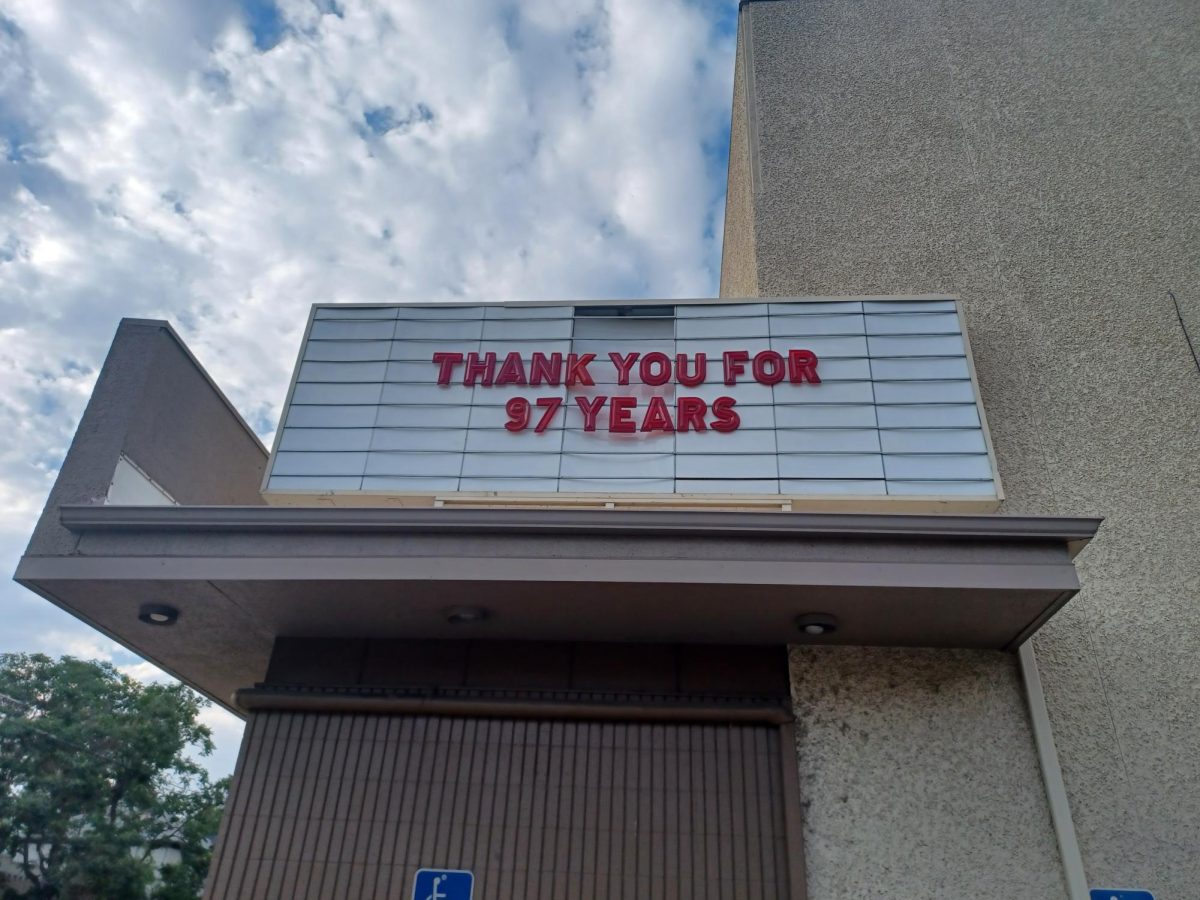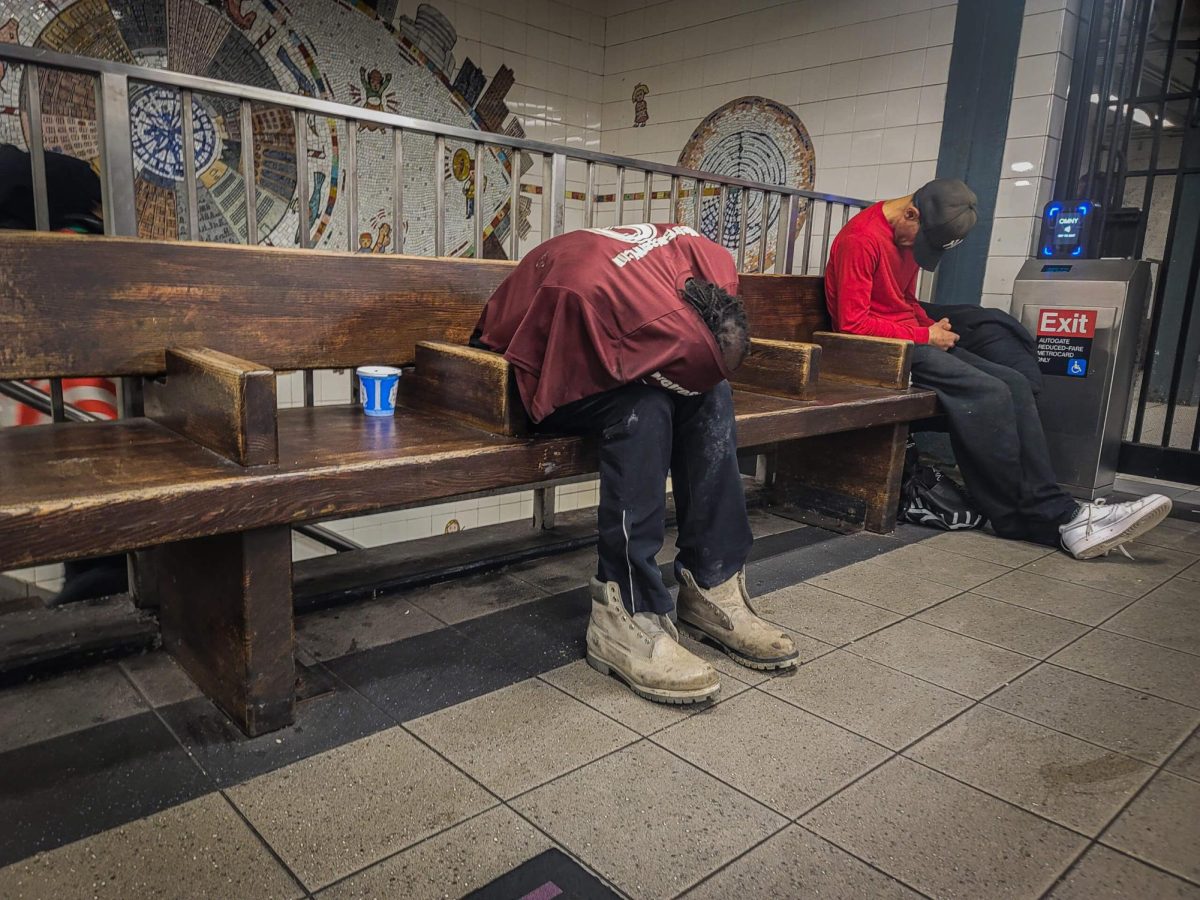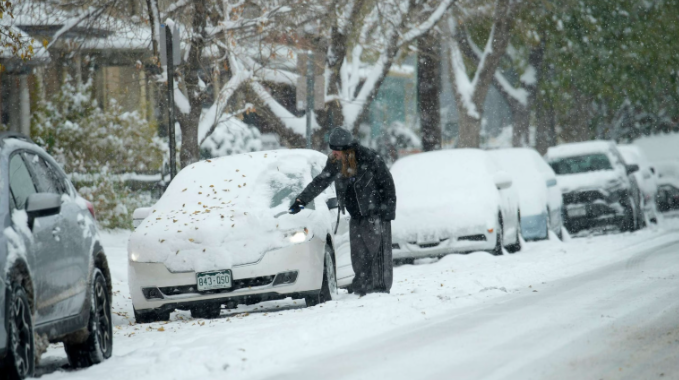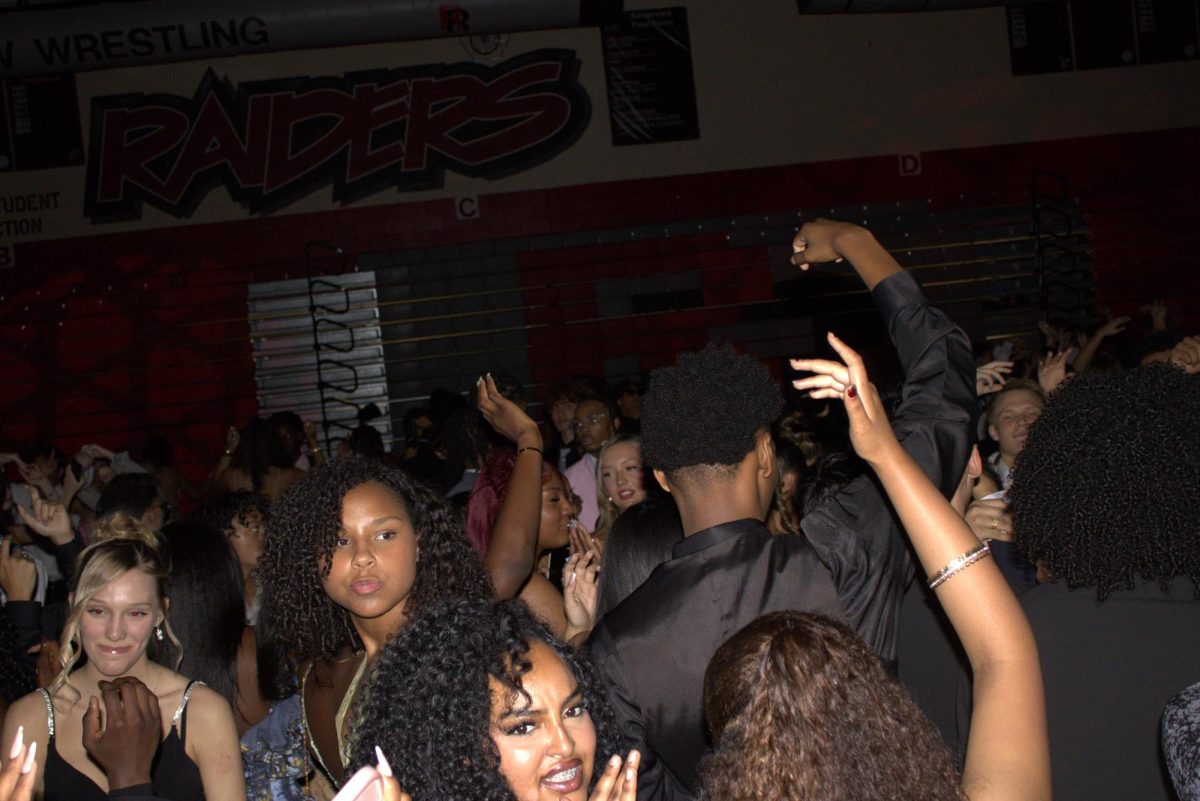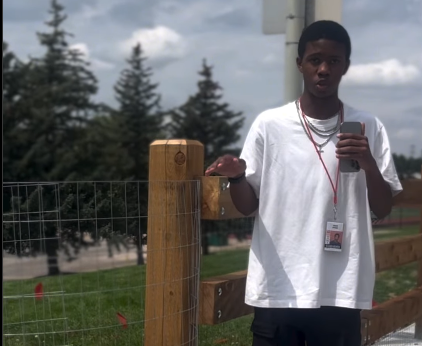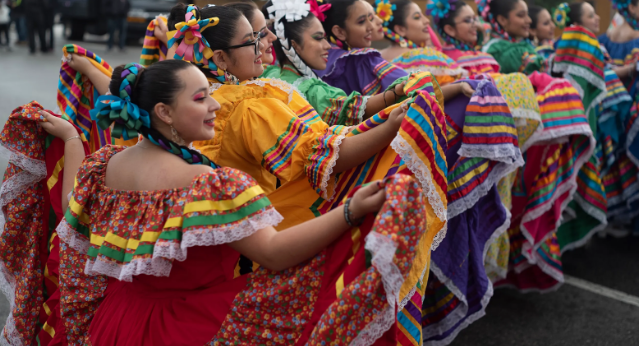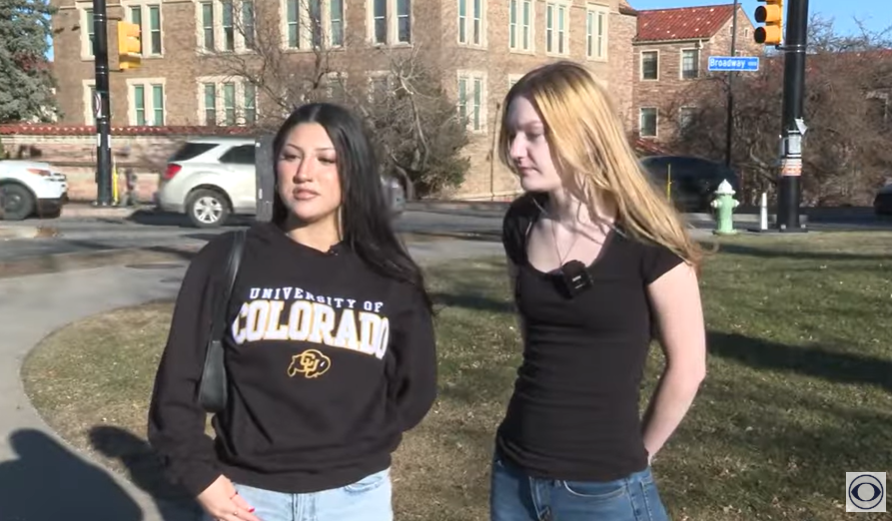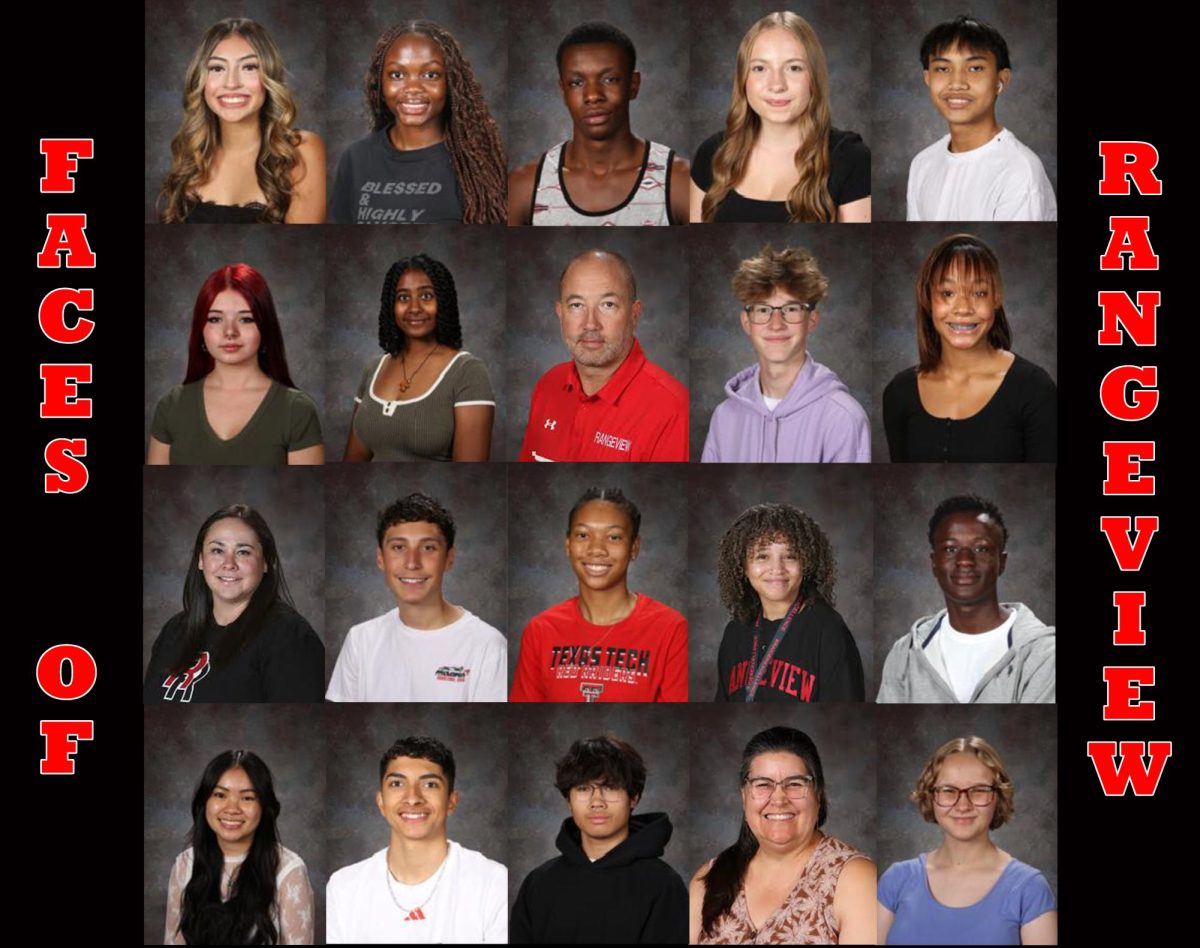Feature Photo By: Dominique Harlan – Hailey Lowenstein (left), Tommy Kaiser (middle), and Rachel Kirk (right), sit at a table by the double R’s to help students register to vote. They are organizers from the Colorado Democracy Challenge. Pre-register (if you are 16) or register (if you are 18) to vote today, September 24th through Wednesday, September 26th by the double R’s during any period. Or, register by clicking here.
In the United States, the 2018 midterm elections will be held on Tuesday, November 6th. Midterm elections are Congressional elections that take place every two years, and generally have a much lower voter turnout than presidential elections.
Despite the type of election and turnouts, 16 and 17-year-olds are currently only able to vote in three cities within the U.S.: Greenbelt and Hyattsville, Maryland and Berkeley, California.
Furthermore, within these three cities, 16 and 17-year-olds are only permitted to vote in local elections, which pertain to the town/county/municipality’s elections only.
This fact poses the question of whether or not the voting age should be lowered in other states — even here in Colorado.
“16 and 17-year-olds should be allowed to vote because we are the people that are deeply affected by the changes that politicians are making,” stated junior Ellington Smith. “If we are not able to represent our voices, then how can we secure our future?”

![]()
![]()
![]()
In Colorado, Ballot 5A, approved by Jeffco Public Schools Board of Education, will appear on this fall’s ballot for a mill levy override.
According to research conducted by Jason Glass for the Advance Jeffco blog, Ballot 5A plans to use the funds for the following purposes:
- Expanding programs in science, technology, engineering and math (STEM) and in career/technical education;
- Attract and retain high quality teachers by ensuring that the district is able to be competitive in compensation and benefits for teachers and staff;
- Improving student safety by increasing mental health and counseling professionals to improve student mental health services, including suicide prevention and substance abuse counseling;
- Updating aging and outdated instructional resources such as books, supplies, and technology;
- Increasing early education programs.
It was approved on September 6th, and many say it is a prime example on how laws can directly impact teens who have no voice to vote.
“Voting can give a voice to the youth, as they can have somewhat of a say in their futures,” Smith said.
With lowering the voting age comes debate. Those against the idea conclude that teenagers don’t have the emotional and/or mental maturity of an adult who is able to vote. It has also been stated that teenagers lack responsibility.
Senior Kandace Wilkins said, “I don’t think 16 or 17-year-olds should be able to vote… I can see why people say it’s the lack of maturity or responsibilities, but personally, I think it’s just the lack of being exposed to unbiased political information at that age.”
Social studies teacher Mrs. Walsh, who teaches a variety of different government classes, added her perspective.
“It’s interesting that there’s an age requirement. Just because you’re an age doesn’t mean you vote. [sic.] There’s students if given the right to vote at age 16 would vote. There’s people that are 42 that don’t vote,” Walsh said. “16 and 17-year-olds are actually in the government classes at the time, so they’re probably a little more aware and educated about what’s going on.”
The awareness that Walsh speaks of has been proven inside and outside of government classes. Across the board, teens have expressed wanting to have the right to act upon issues affecting them, as seen here.
If given the right, it can be argued that many teens would choose to vote.
“It’s the same argument they used in [sic.] 1973 when they passed Amendment 26. The argument for Amendment 26 was if I can die for my country I can vote for it,” Walsh stated. “What about this slogan: If I can die in a school, I have every right to vote about gun control.”
That slogan extends itself to Ballot 5A, contributing to the election of local officials, and wanting to utilize the right to vote in order to impact futures.
